Federal government stops monitoring B.C. salmon runs at the height of the season
Conservation groups demand urgent action from Ottawa to address “unprecedented management failure.”
Conservation organizations are sounding the alarm as key salmon monitoring programs on the province’s north coast are being shut down at the peak of the spawning season.
The collapse of these programs means essential stock assessment contractors—responsible for counting the numbers of salmon returning to B.C.’s streams and rivers—are sidelined. Accurate fish counts are the backbone of fisheries management, guiding decisions on harvest levels, conservation measures, and rebuilding efforts.
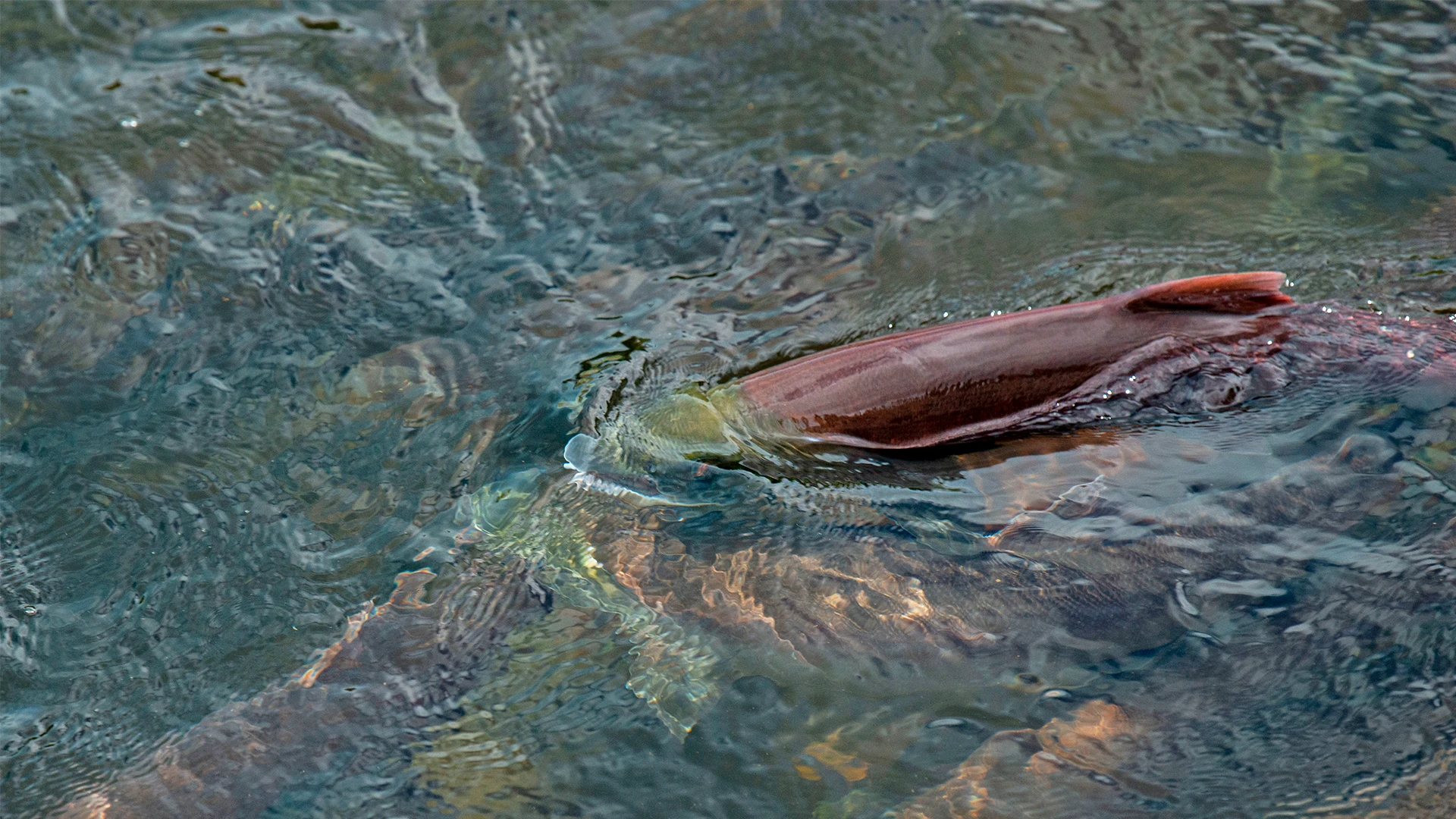
DFO’s Failure to Secure Contracts Leaves Salmon Unmonitored
Representatives from Watershed Watch Salmon Society, SkeenaWild Conservation Trust and Raincoast Conservation Foundation say the Department of Fisheries and Oceans (DFO) failed to secure annual contracts at the beginning of the season and short-term contracts that local DFO staff had secured as a stop-gap expired over a week ago. The unprecedented halt to fish-counting assessment covers much of B.C.’s north coast rivers; it is not clear whether other areas of the province are also impacted.
“This is a gross management failure,” said Aaron Hill, Executive Director of Watershed Watch Salmon Society. “The federal government just spent nearly $650 million on its Pacific Salmon Strategy Initiative, yet somehow it can’t go out and count fish, which is DFO’s most essential job.”
A recent peer-reviewed study found salmon monitoring in B.C. has declined by 50% since the 1980s, reaching its lowest levels under the current government. Conservationists say this latest failure will further erode public trust in DFO’s ability to safeguard salmon and fisheries.
Julia Sorochan, Executive Director of SkeenaWild Conservation Trust, emphasized the local consequences: “These monitoring programs are not optional—without good data on how many fish we have, we can’t safely conduct Indigenous, commercial, and recreational fisheries. So this management failure is putting our fishing economies, cultures, and ecosystems across the north coast at risk.”
Misty MacDuffee, Wild Salmon Program Director at Raincoast Conservation Foundation, warned about the long-term ecological toll: “Cutting these stock assessment programs in the middle of the season is difficult to justify. If we can’t track the health of salmon populations, we can’t conserve or rebuild them, or go fishing on them. Wild salmon and the people who depend on them expect and require better.”
The groups are urging Fisheries Minister Joanne Thompson to immediately reinstate contracts and restore monitoring on the north coast before it’s too late.
Explore Our Programs
What We Do
Julia Sorochan
Executive Director, SkeenaWild Conservation Trust
Aaron Hill
Executive Director, Watershed Watch Salmon Society
Misty MacDuffee
Wild Salmon Program Director, Raincoast Conservation Foundation
Dr. Jonathan Moore
Professor, Salmon Watersheds Lab
Other News
-
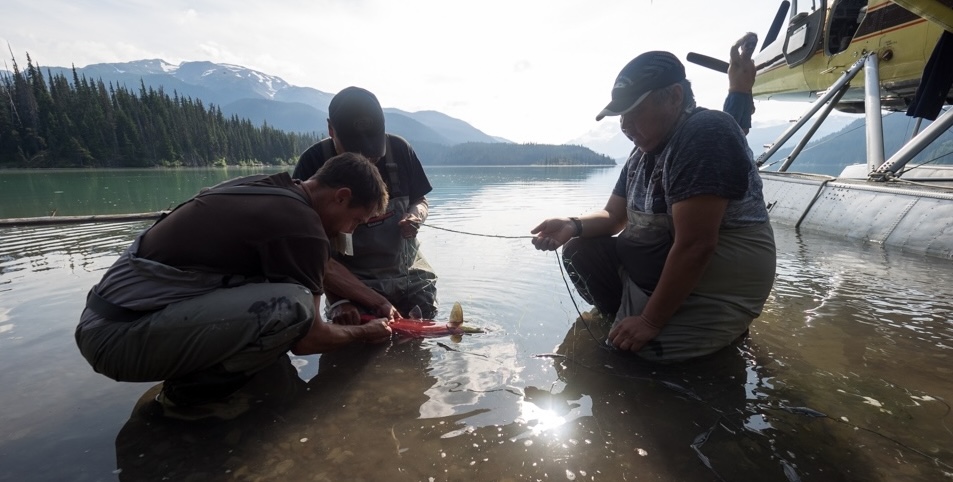
Canada losing track of salmon health as industrial pressures grow
Canada losing track of salmon health as industrial pressures grow New research shows that Canada is steadily losing its ability to monitor the health of…
-
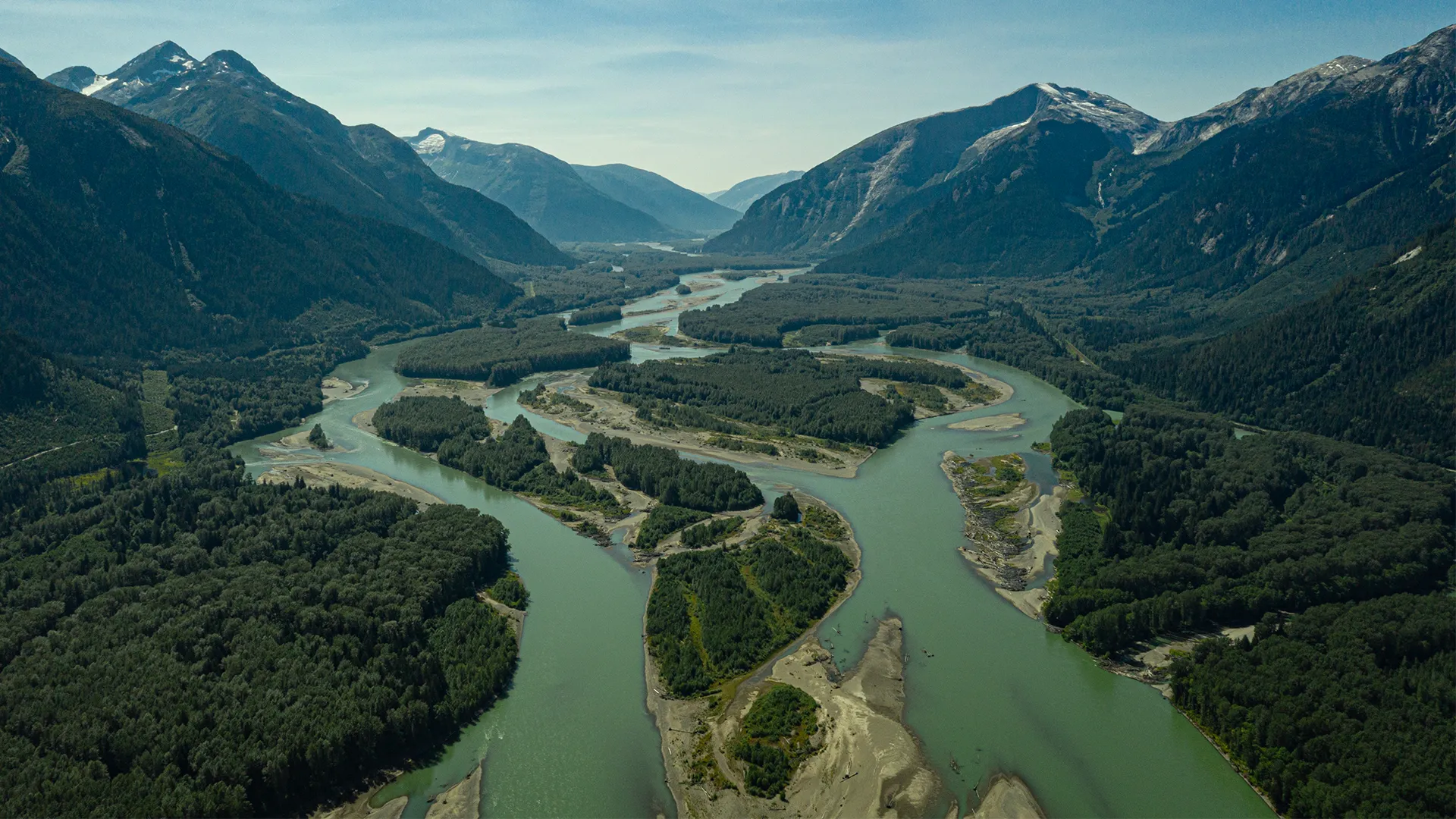
2025: Our year in Review
2025 Annual Report 2025: What We Achieved Together And what’s in store for 2026. Your support makes it all happen. Together, we’re building a sustainable…
-
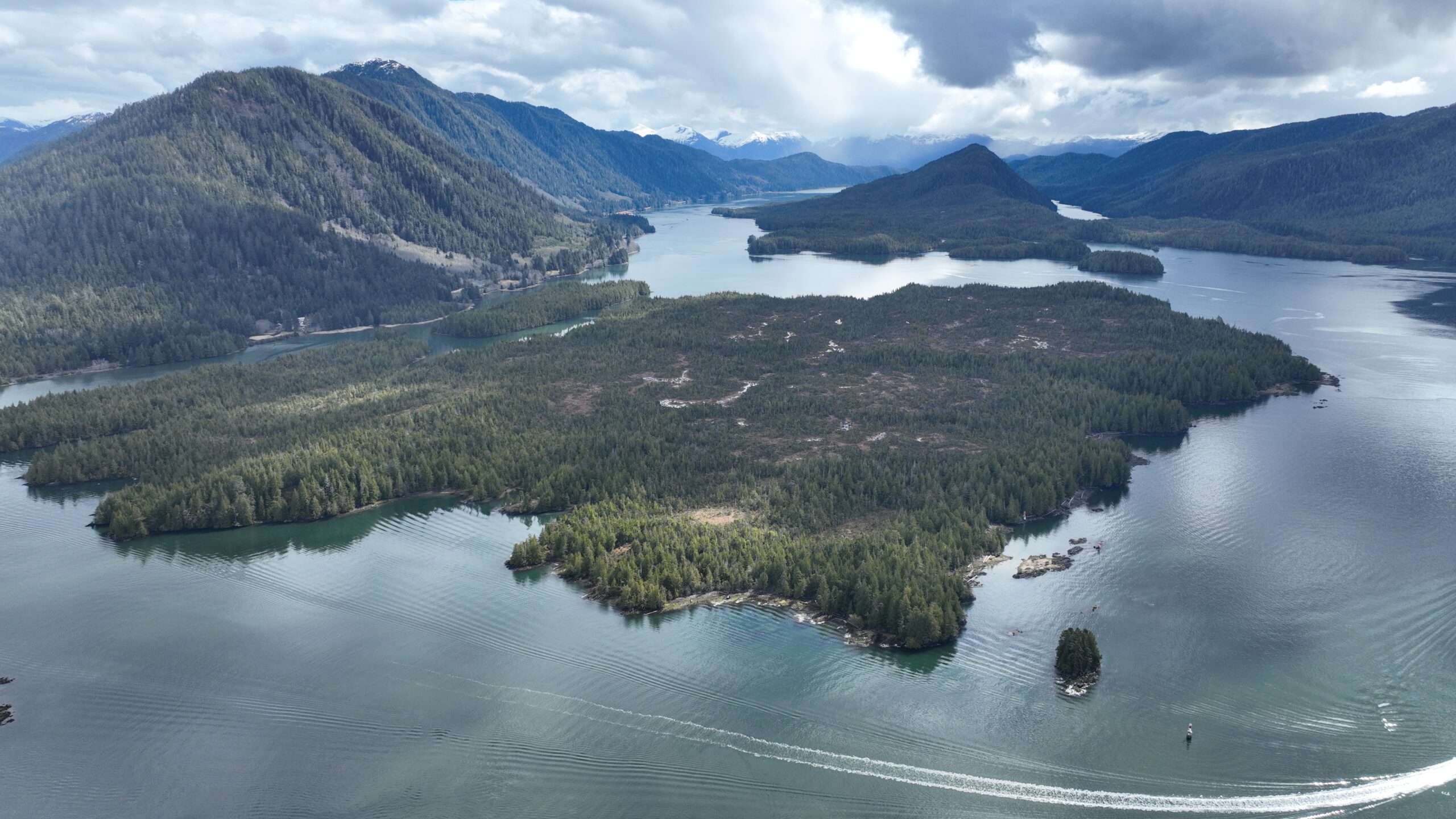
Citizen Letter to an MP — Uphold the North Coast Oil Tanker Moratorium
The North Coast of British Columbia is one of the most ecologically rich, culturally significant, and irreplaceable coastlines in Canada. Our salmon rivers, wildlife, forests,…
-
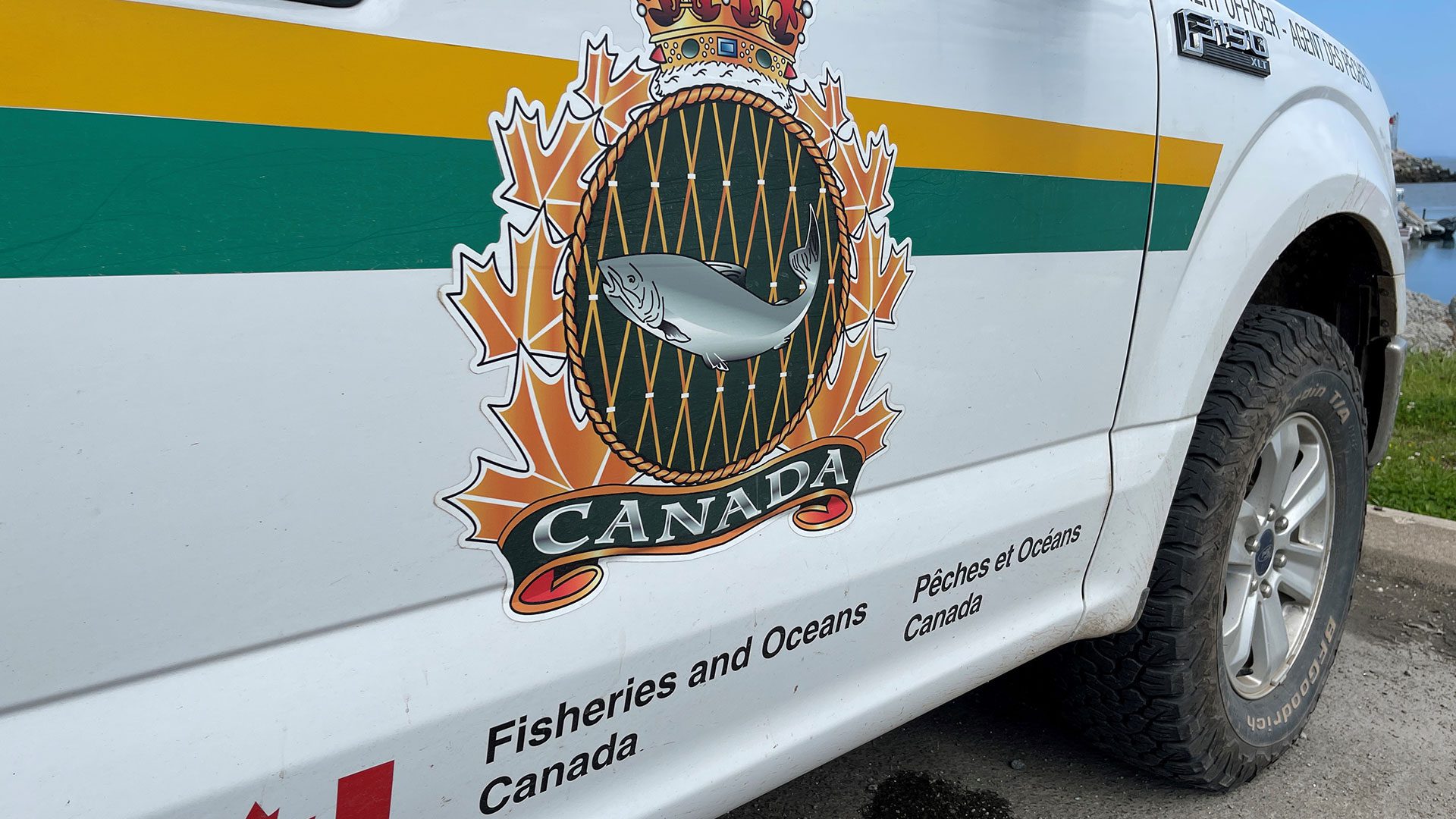
SkeenaWild warns DFO cuts threaten salmon and communities that depend on them
The federal budget announced yesterday includes $500 million in cuts to Fisheries and Oceans Canada (DFO) over four years. That’s five times deeper than the…
-

Canada losing track of salmon health as industrial pressures grow
Canada losing track of salmon health as industrial pressures grow New research shows that Canada is steadily losing its ability to monitor the health of…
-

2025: Our year in Review
2025 Annual Report 2025: What We Achieved Together And what’s in store for 2026. Your support makes it all happen. Together, we’re building a sustainable…
-

Citizen Letter to an MP — Uphold the North Coast Oil Tanker Moratorium
The North Coast of British Columbia is one of the most ecologically rich, culturally significant, and irreplaceable coastlines in Canada. Our salmon rivers, wildlife, forests,…
-

SkeenaWild warns DFO cuts threaten salmon and communities that depend on them
The federal budget announced yesterday includes $500 million in cuts to Fisheries and Oceans Canada (DFO) over four years. That’s five times deeper than the…